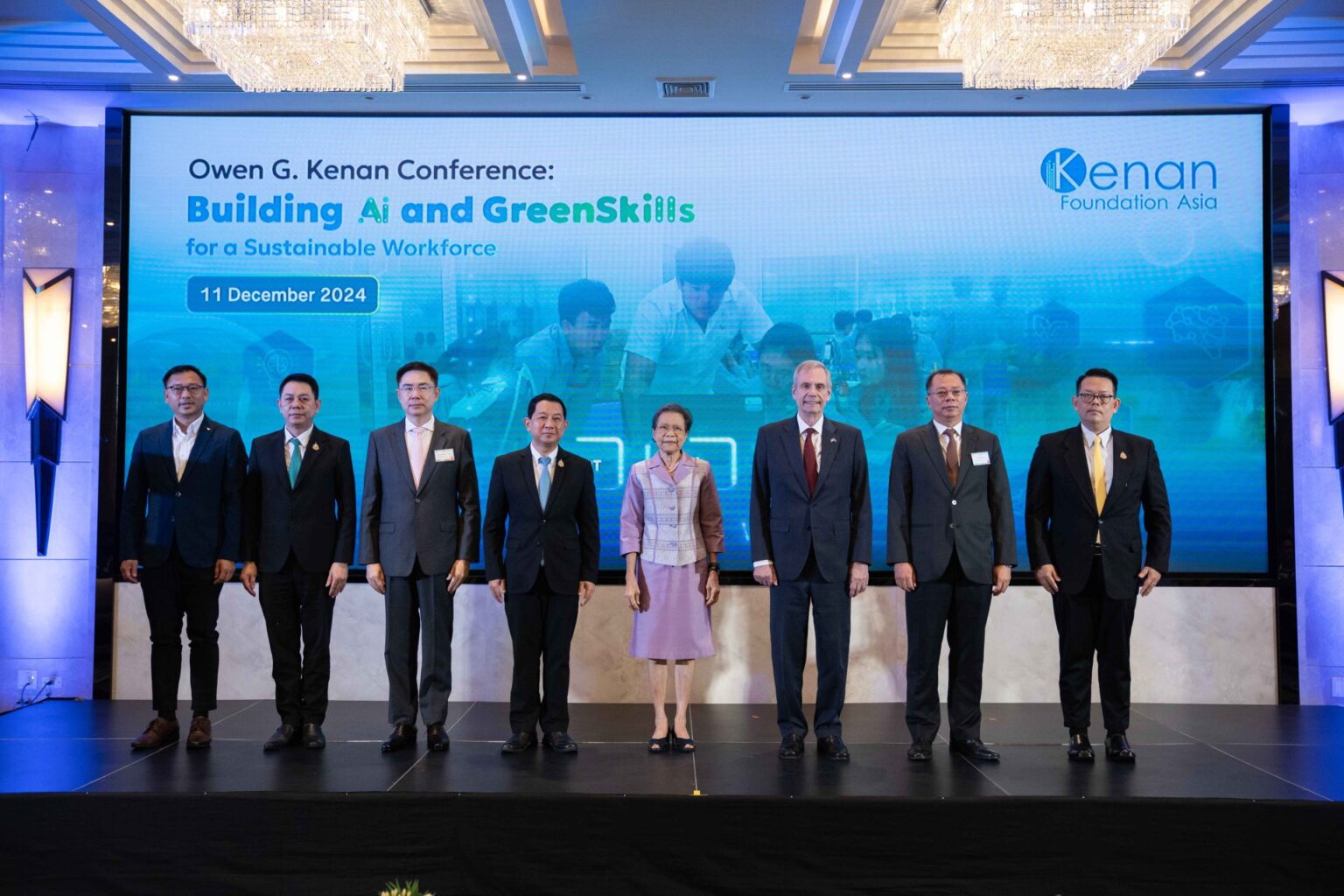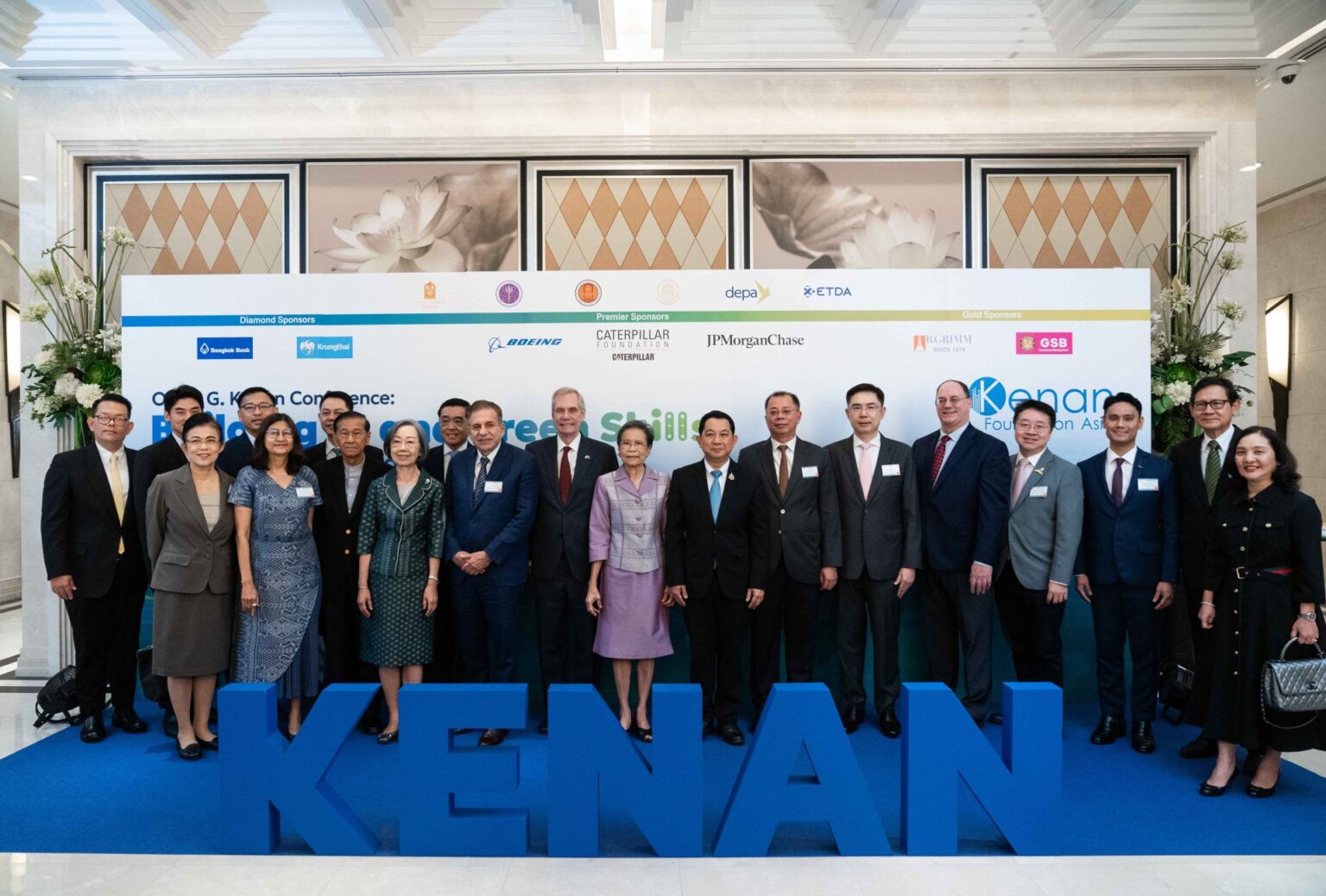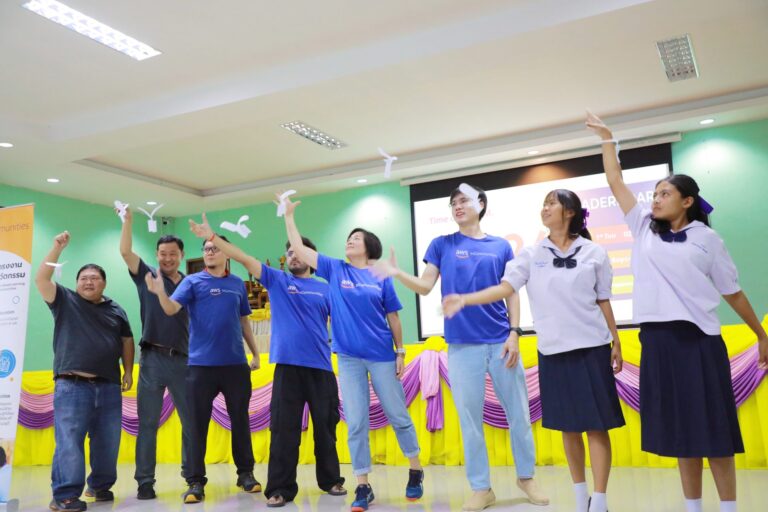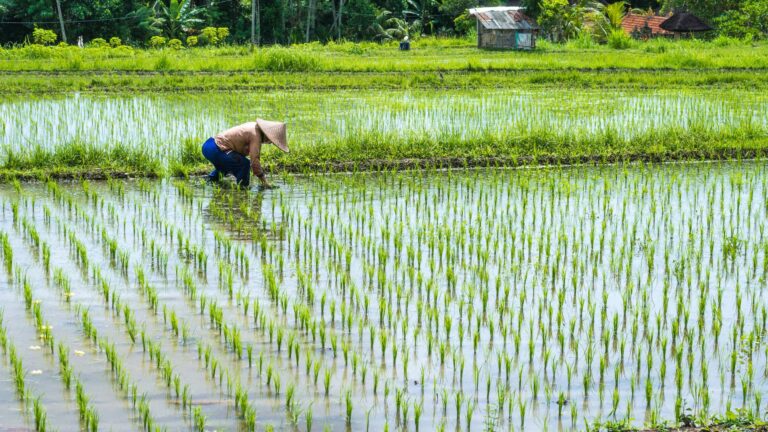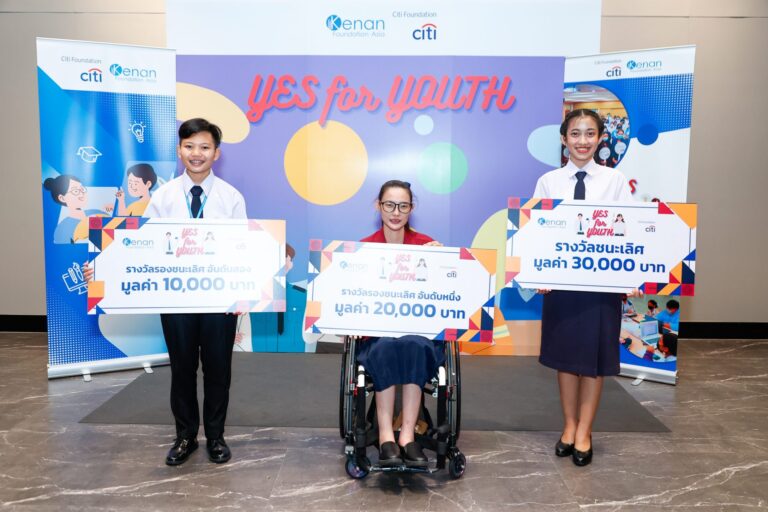The recent humanitarian crisis has posed challenges to many initiatives that enable women to build financial independence and achieve better futures.
At Kenan Foundation Asia, we believe that when women succeed, entire communities prosper. Through targeted programs in entrepreneurship, financial literacy, and leadership development – we equip women with the tools and resources to help them break through traditional barriers, achieve economic independence, and take control of their futures.
One of the main initiatives at Kenan, has been a beacon of hope for aspiring women entrepreneurs in Chiang Rai, Thailand – located at the Lower Mekong Sub-Region (LMS) which has the potential to emerge as one of the world’s fastest-growing economic zones. However, despite this potential, many women still struggle with poverty, gender-based violence, and deeply ingrained socio-economic barriers. In remote communities, women are often expected to take on domestic or caregiving roles, with limited opportunities to pursue education or economic advancement.



“I often lack opportunities and face cultural limitations that do not emphasize women as leader or head of the family, and I rarely receive opportunities to engage in business” – Bai
Bai or Suphan Phetwatcharanan, a Hmong woman from Chiang Khong, Chiang Rai, is one of such examples. In Hmong community, women are traditionally portrayed as homemakers, caregivers, and nurturers – playing a vital role in family life, yet given little or no say in financial matters. There are also cultural norms that dictates women leaving the village alone being perceived as engaging in an affair, reinforcing the restrictions placed on their independence and ability to engage in business activities.
When Bai first joined the financial literacy training with Kenan Foundation her husband insisted on accompanying her to every training session to ensure that the program truly benefits their family and community. As she gained confidence and knowledge, Bai was able to attend training on her own and even encouraged other Hmong women to join. Today, Bai and the Hmong women she empowered has launched their own businesses, crafting traditional Hmong products, generating income for their families, and reclaiming control over their financial futures.



The economic impact of women-led enterprises extends far beyond individual success. Women entrepreneurs contribute to job creation, sustainable livelihoods, and the distribution of income within their communities. The Greater Mekong Subregion Gender Strategy 2022[1] also suggests that when women are given equal access to financial services, business opportunities, and skill development – they become a force for sub-regional economic growth.
This can be proven through the success of Chiang Khong New-Gen Farmers Group, a community enterprise led by Nan or Chananya Jokaew, a women entrepreneur and member of the Wiang Chiang Khong Municipal Council. Reflecting on her journey with Kenan Foundation, Nan shared:
“We started as a group of regular folks. Joining the project has allowed us to improve our product standards. I feel like we’ve been progressing step by step, with Kenan by our side from the very beginning. We have seen firsthand the improvement and progress our group has made, and I can truly say that our journey started with Kenan. Now, we hope to be a role model, share our experiences, and inspire those who dream of starting their own businesses.”
Bai and Nan’s stories reflect the reality of many women living in communities along the Mekong River, where deeply ingrained gender norms continue to limit women’s opportunities. In these areas, women often have little or no voice in family or community decisions while bearing the full burden of household responsibilities. This unequal division of labor restricts their access to essential resources such as education, financial opportunities, and skills development—critical tools that could empower them to improve their lives and contribute to their communities.
However, gender inequality remains one of the biggest barriers to progress in the Lower Mekong Subregion, limiting women’s access to education, financial resources, and leadership opportunities. These systemic challenges prevent women from reaching their full potential and, in turn, slow down economic and social development.
Therefore, by enabling women to participate fully in the economy, Kenan Foundation Asia aims to create a ripple effect that not only strengthens women and families, but also improves education opportunities for children, enhances community health, and fosters sustainable community development.
Ensuring that women have the opportunity to thrive is not just an investment in individuals—it is an investment in the future of entire communities and economies. When women succeed, societies flourish.
By working together, we can continue to break barriers, create jobs, and drive economic growth through women’s entrepreneurship.
To explore how you can contribute to this shared vision of women’s empowerment, visit our website or contact [email protected].
[1] https://www.adb.org/sites/default/files/institutional-document/842481/greater-mekong-subregion-gender-strategy.pdf


